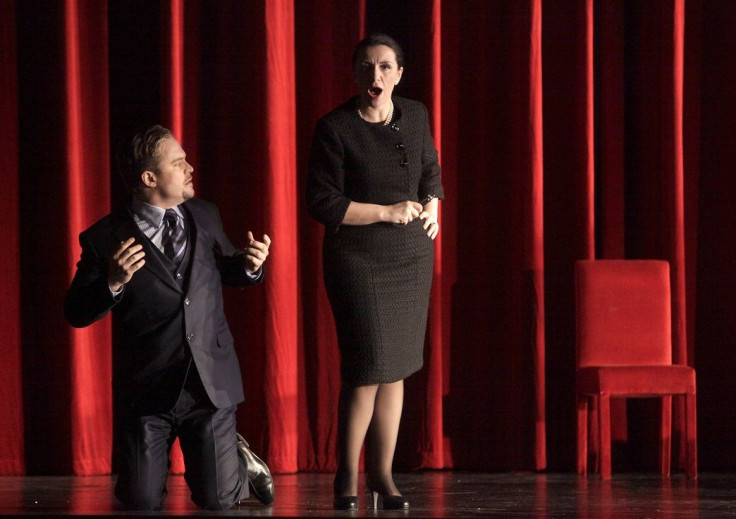Entertainment Tastes Determined by Class: Blue Collars Like to Laugh, White Collars Like to Cry

It seems that differences among the classes lie even in their entertainment tastes.
While blue collars prefer a good laugh at a comedy show any day, white collars favor crying their eyes out during an intense drama, and while the rich have no preferences, they are strongly influenced by critics.
While it is generally thought that only the wealthy frequently go to theater, new findings published in the Journal of Cultural Economics proves this notion wrong.
Spanish researchers found that people of all classes enjoy theater; it's just that they have different tastes.
They found that while the so-called "intellectual class" prefers dramas, the "working class" opts for comedies and the wealthier are influenced by professional reviews when they have paid for a theater ticket.
Researchers analyzed theater demand based on mathematical models used in microeconomics that analyzes how people make their decisions.
"These models are used frequently in transport and marketing and go by the name of discrete choice models," researcher J.M. Grisolía of the University of Las Palmas de Gran Canaria explained in a news release.
Researchers conducted surveys in two of Newcastle's most famous theaters in the UK. A total of 300 people participated in the study.
"We presented individuals with ten hypothetic choice scenarios, each with five alternatives. Each option was defined by its attributes: price of the theatre ticket (from £7 to £35), the type of theatre, the genre (comedy, drama and experimental theatre), repertoire (classic, modern, contemporary), author (famous or unknown), expert or popular reviews (light-hearted, forums, word of mouth)," Grisolía explained.
Researchers found while all classes attend the theater, the upper class represented 43 percent of the sample and preferred classic theatre venues and enjoy all types of theater are more willing to go to a show if the reviews have been good.
People in the working class, which accounted for 25 percent of the sample size in the study, are mainly interested in comedy and consult non-professional reviews before paying for a show.
Those in the "intellectual" or "cultural" class, which represented 32 percent of the sample size, had a special preference for drama and form their opinion more independently of the reviews.
Researchers stressed that it important to highlight that the intellectual class is not the same as the wealthy class.
"Although [theater] is seen as an elitist pastime, it also has a more popular side. The results are very useful for marketing actions and sales policies and help us to understand the role that theatre plays in each strand of society," Grisolía concluded.



























